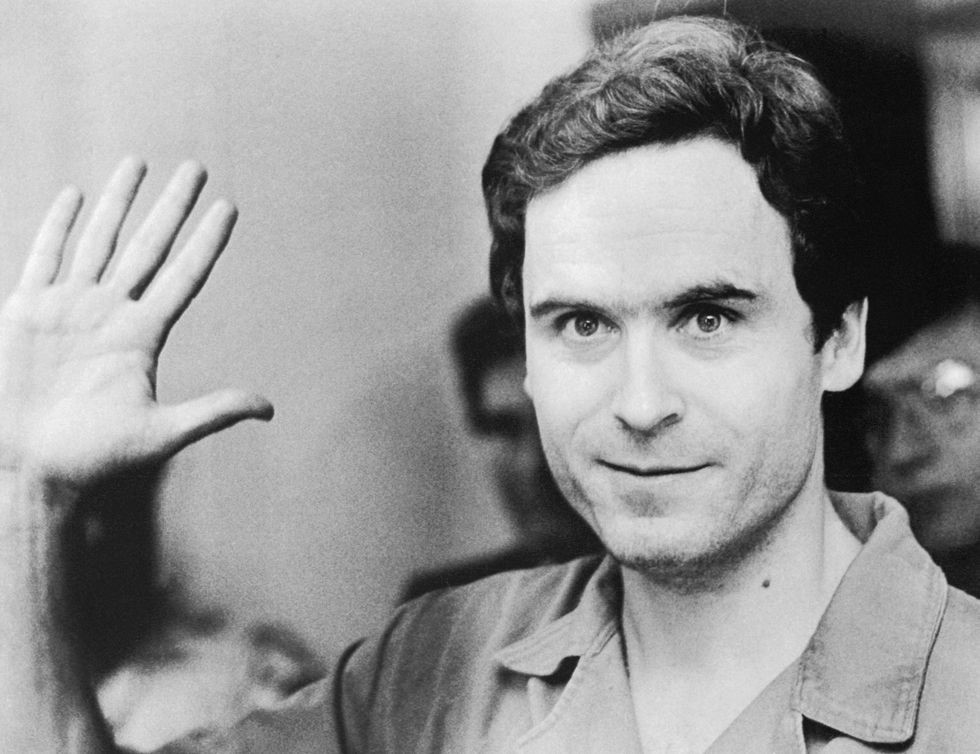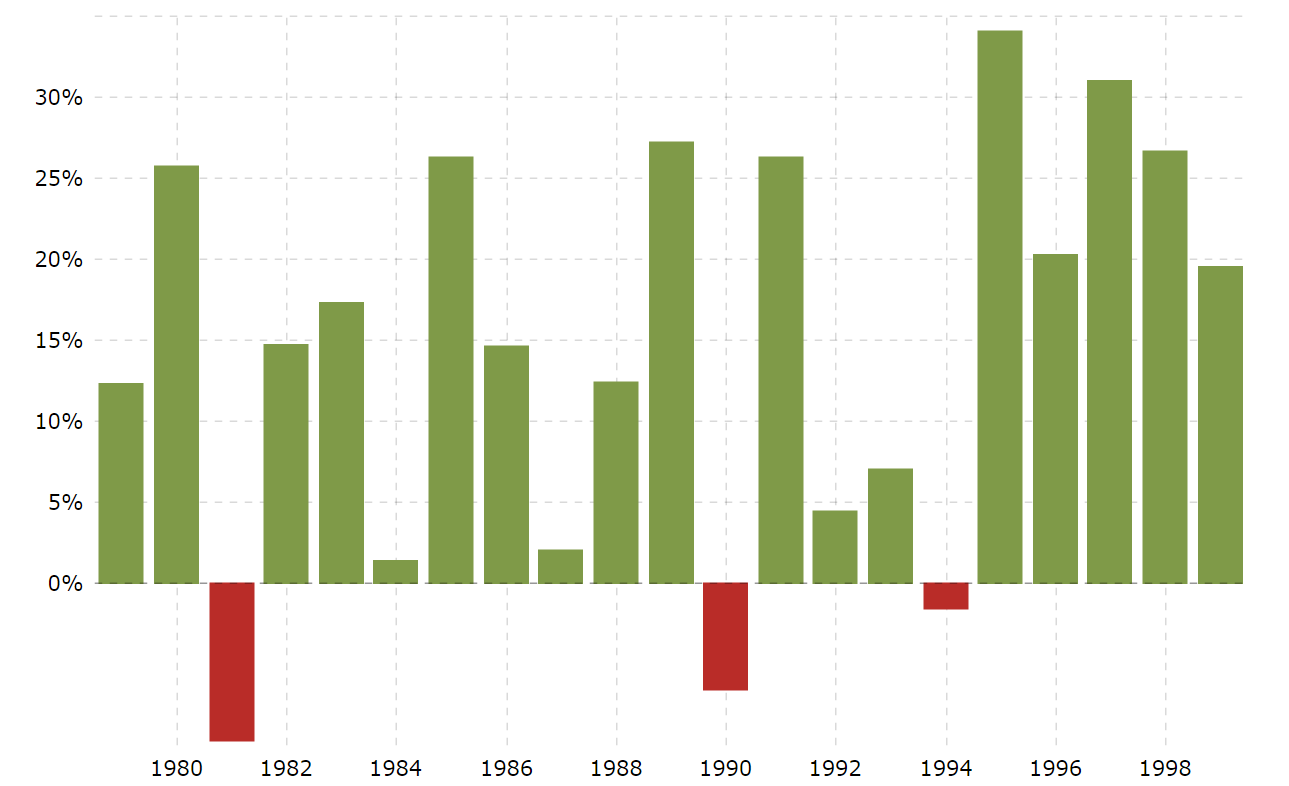Are you a nostalgic person?
Do you find yourself longing for the past?
Do you feel wistful for the good old days?
Well, rest assured, you’re not alone. Most of us feel exactly the same way.
Nostalgia is irresistible, isn’t it? This is especially true when we’re struggling with the problems of the present:
- As we reminisce about the good old days, we find ourselves wanting to travel back there. To seek comfort in the familiar. To seek comfort in a time when things were simple and happy. We cherish that warm, fuzzy glow.
- Psychologists have a phrase for this. It’s called ‘nostalgic depression’. It happens when we end up longing for a past that we can never reclaim.
But is this idealised vision of the past all that it’s cracked up to be? Or is there more to it than meets the eye?
- Well, to find out, let us take a trip down memory lane.
- Let us rewind the tape to 50 years ago.
- Let us look back at the 1970s.
Losing our innocence
Was the 1970s the golden age of happiness? Well, sadly, no. Peter Bergen, a security analyst, actually calls the 1970s the golden age of terror. He explains:
Many Americans today are clearly convinced they are gravely threatened by terrorists. According to a January 2015 ABC News/Washington Post poll, 76% of Americans are worried about a “major” terrorist attack in the United States.
In fact, the real golden age of terrorism in the United States was during the ’70s, not in the post-9/11 world. Consider that terrorism in the United States was then a quite common feature of life: There were literally hundreds of terrorist bombings, shootings and hijackings in States during the 1970s.
Between 1970 and 1979, nationalist and ethnic terrorists, religious zealots, and anti-war militants frequently attacked American targets. Terrorist attacks typically consisted of bombings of civilian targets in New York, Los Angeles, and Washington that were also interspersed with shooting sprees aimed at the police.
The U.S. Department of Transportation found that between 1970 and 1979, there were 112 domestic plane hijackings.
Indeed, there was an astonishing number of terror groups operating during that era:
- The Weather Underground.
- The Symbionese Liberation Army.
- Black September.
- The Popular Front for the Liberation of Palestine.
- The Baader-Meinhof Group.
- The Red Brigades.
- The Irish Republican Army.

A militant from the Palestinian group Black September, which carried out the shocking massacre
of Israeli athletes at the Munich Olympics of 1972. Source: Tortoise Media
It’s stunning when you consider how much horror was unleashed in the space of just 10 years:
- Back then, terrorism was a flourishing industry. And there was no shortage of fanatics ready and willing to take up arms, inspired by Marxist-Leninist ideology.
- These revolutionaries saw themselves as rock stars. Rebelling against the world order. Trying to tear down the foundations of capitalism.
Some of these individuals have become so notorious, their names will forever go down in legend. They dominated the news headlines, stoking fear, revelling in it:
- Carlos the Jackal.
- Abu Nidal.
- Ulrike Meinhof.
- Brigitte Kuhlmann.
- Kozo Okamoto.
- Patrick Magee.
- Patty Hearst.

Ted Bundy, a serial killer who thrived on narcissism. He used his looks and charm to prey on women. Source: Biography
Of course, terrorism wasn’t the only problem in the 1970s. Just in case you forget, this was also the golden age of the serial killer:
- Why? Well, why not?
- There were explosive global events unfolding, which led to major unrest.
- The oil crisis in the Arab world. The aftermath of the bitter defeat in Vietnam. The loss of trust in government because of Watergate.
- As society fractured, the mood turned incendiary. Pure craziness born out of existential angst was unleashed.
You will no doubt recognise some of these names:
- Charles Manson.
- Ted Bundy.
- John Wayne Gacy (known as the Killer Clown).
- David Berkowitz (known as the Son of Sam).
- Carl Eugene Watts (known as the Sunday Morning Slasher).
- Edmund Kemper (known as the Co-ed Killer).
- The Zodiac Killer (identity unknown and was never caught).
These psychos seemed to appear all at once. What they had in common was a monstrous kind of narcissism. A sense of grievance that society had wronged them. And they expressed their obsession through ritualised murder:
- The bloody carnage they carried out was so horrific, so unprecedented, that the police struggled to keep pace.
- The FBI had to set up an experimental division — the Behavioral Science Unit — to deal with the sudden flood of violent offenders.
- It became a race against time to profile these killers, find them, then stop them.
- This was a new kind of law enforcement for a new kind of crime. It represented a shocking paradigm shift for society. Nothing would ever be the same again.
Now, when I look back at the 1970s, I see a decade defined by pain and nihilism:
- People were restless, drifting unmoored. The counter-culture reached its peak. And violence escalated, becoming the default option for fanatics and extremists.
- In many ways, the 1970s was the biggest turning point of the 20th century. That’s when we lost our innocence. That’s when we learned the true meaning of darkness.
- We just didn’t know it at the time.
The current cycle of history
Of course, our nostalgia is always positive:
- We like to see our past through rose-tinted glasses. We like to bask in the warm, fuzzy glow of our memories.
- But the truth is always more complex than that. The good old days that we cherish were never really as good as we thought they were. In fact, the past had its fair share of disappointments and heartaches. It always did.
So, now that you know all this, does it burst your bubble? Does it leave you feeling depressed about the state of mankind?
- Well, wait. Hold on. Don’t give into negativity just yet. There’s a surprising twist in this tale. Rest assured, if you allow yourself to look ahead, there’s actually a good reason for you to be positive and hopeful.
- You see, as turbulent as the 1970s was, it didn’t last. That stormy decade eventually gave way to the incredible prosperity of the 1980s and 1990s.
- That’s when serial killings declined and mostly vanished. That’s when terror groups disbanded and largely went out of fashion. And that’s when people found renewed optimism again. Through family values. Through honest work. Through brave innovation.
From 1979 to 1999, the S&P 500 index soared over 2,800%.
- So, if you had invested $100,000 in the stock market during that time period, it would have grown into $2.9 million. Amazing.

Source: Macrotrends
Do you see the big picture now?
- Yes, the 1970s was painful, but it actually acted as a bridge for the positive rejuvenation to come.
- In other words: the night is always darkest before the dawn. Eventually, the light must return. Every economic bust is followed by an economic boom.
- Look closely. You will find that the cycle of history is like a pendulum. Always swinging. Finding its own sense of equilibrium.
If you need wisdom, you will find it spelled out in the Bible, in the Book of Ecclesiastes:
To everything there is a season,
and a time for every purpose under heaven:
a time to be born and a time to die,
a time to plant and a time to uproot,
a time to kill and a time to heal,
a time to break down and a time to build,
a time to weep and a time to laugh,
a time to mourn and a time to dance,
a time to cast away stones and a time to gather stones together,
a time to embrace and a time to refrain from embracing,
a time to search and a time to count as lost,
a time to keep and a time to discard,
a time to tear and a time to mend,
a time to be silent and a time to speak,
a time to love and a time to hate,
a time for war and a time for peace.
So, here’s the trillion-dollar question: from where we’re standing right now, is the 2020s a repeat of the 1970s?
- Yes, it may well be. It seems eerie how the pandemic, the culture war, and geopolitical intrigue is shaking up the foundations of our current world order — creating turbulence that’s similar to what we experienced during the 1970s.
- Once more, people are restless, drifting unmoored.
- One more, existential angst shapes our collective mood.
History repeats. History rhymes:
- But, amidst the confusion and cynicism, there’s an ancient Persian proverb that offers us clarity: ‘This too shall pass.’
- Yes, indeed. Painful decades come. Painful decades go.
- But rest assured, people of courage and integrity will always weather the storm. They will continue to build. They will continue to invest. They will continue to look ahead to better days. And they will surely prevail. The cycle of change is transformative.
Our opportunity for you

Source: Verywell Mind
So, right now, here’s what you need to think about:
- Are you misreading the current cycle of history?
- Are you listening to prophets of doom making false prophecies?
- Are you forgetting that optimism will eventually win out over pessimism?
- Are you forgetting about the value available today?
- Are you ignoring the incredible assets being sold now at a sharp discount?
These are big questions. Critical questions. And if they are important to you, you need to act now. Please accept my exclusive invitation. Come join our Quantum Wealth Report.
To date, we have investigated and exposed over 100 hidden ideas. From property to energy; from artificial intelligence to cryptocurrency; we are doing a deep dive into the latest quantum trends.
These are cutting-edge insights that could change your destiny — if you have the courage and conviction to follow through.
Ask yourself: are you concerned about your family’s well-being and happiness?
Well, if you are, this is the best time to act. And this is the best place to start…
💡 [ Get Your Quantum Wealth Report Today ]
Regards,
John Ling
Analyst, Wealth Morning
(This article is general in nature and should not be construed as any financial or investment advice.)





John is the Chief Investment Officer at Wealth Morning. His responsibilities include trading, client service, and compliance. He is an experienced investor and portfolio manager, trading both on his own account and assisting with high net-worth clients. In addition to contributing financial and geopolitical articles to this site, John is a bestselling author in his own right. His international thrillers have appeared on the USA Today and Amazon bestseller lists.